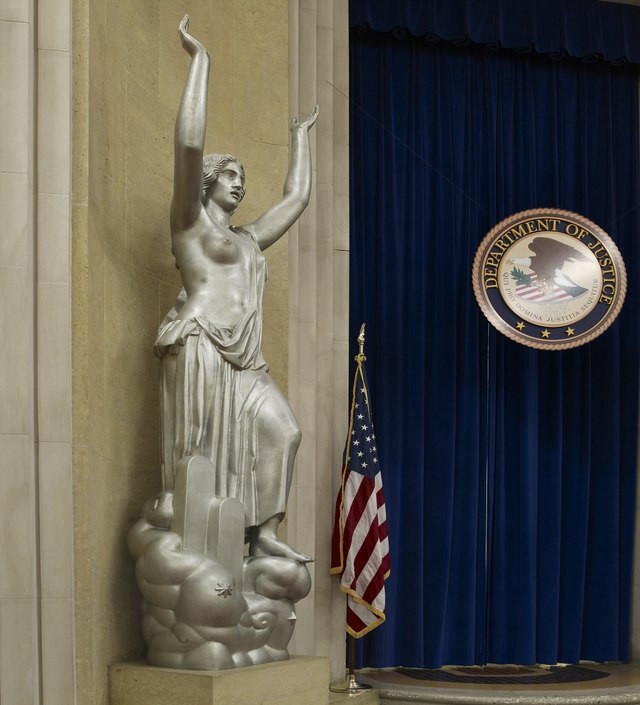The U.S. Department of Justice has announced a significant breakthrough in the fight against the deadly drug trade, revealing that Ismael "El Mayo" Zambada, co-founder and alleged current leader of the notorious Sinaloa drug cartel, is now in U.S. custody. Alongside Zambada, federal authorities have also apprehended Joaquín Guzmán López, the son of the infamous Joaquín "El Chapo" Guzmán. Both men face multiple charges related to leading the cartel's criminal operations, including the manufacturing and trafficking of fentanyl.
Attorney General Merrick Garland confirmed the arrests and emphasized the gravity of the charges. "Fentanyl is the deadliest drug threat our country has ever faced, and the Justice Department will not rest until every single cartel leader, member, and associate responsible for poisoning our communities is held accountable," Garland stated.
The Sinaloa Cartel, originating from the Mexican state of Sinaloa, has long been recognized as one of the most powerful drug-trafficking organizations in the world. Its operations have included trafficking fentanyl, methamphetamine, and heroin into the United States, contributing significantly to the opioid crisis that has devastated many American communities.
The arrest of Zambada is particularly noteworthy, given his long-standing evasion of capture despite multiple federal indictments over two decades for violations of U.S. narcotics laws. Zambada has been charged with conspiring to manufacture and distribute fentanyl and other narcotics, activities that have generated billions of dollars in profits for the cartel.
Joaquín Guzmán López's capture is another major development. As the son of "El Chapo" Guzmán, who was convicted in 2018 and sentenced to life in prison plus 30 years, Joaquín Guzmán López was already known for his involvement in the cartel's operations. His father's notorious escape from prison in 2001 and subsequent re-arrest and extradition to the United States have been well-documented.
The recent indictment of Zambada in February charged him with extensive drug trafficking activities dating back to 1989, highlighting his significant role in the cartel's operations. Federal prosecutors detailed how Zambada employed individuals to secure transportation routes, warehouses, and hitmen to retaliate against rivals, ensuring the cartel's dominance and profitability.
The arrests occurred in El Paso, Texas, marking a critical juncture in the U.S. effort to dismantle the Sinaloa Cartel. "The Sinaloa Cartel has been producing bulk quantities of fentanyl since at least 2012," the DEA stated in its 2024 National Drug Threat Assessment, underscoring the cartel's pivotal role in the synthetic drug crisis in the U.S.
Another son of "El Chapo," Ovidio Guzmán López, was arrested in Mexico in January 2023 and extradited to the U.S. to face drug and money laundering charges. The U.S. federal grand jury had indicted both Joaquín Guzmán López and Ovidio Guzmán López in 2018, alleging conspiracy to distribute cocaine, methamphetamine, and marijuana into the U.S.
The DEA report further elaborated that the Sinaloa Cartel, including the faction known as "Los Chapitos" run by "El Chapo's" sons, had promoted fentanyl as a significant part of the cartel's business. Despite public claims in 2023 that the cartel had ordered a stop to fentanyl trafficking, the DEA concluded that these were likely public relations stunts, as fentanyl seizures at the border remained consistent.
The CDC reported an estimated 107,543 drug overdose deaths in the U.S. last year, with synthetic opioids like fentanyl accounting for the majority. The Sinaloa and Jalisco cartels have been identified as the primary sources of fentanyl entering the U.S., making these recent arrests critical in the ongoing battle against the opioid epidemic.






